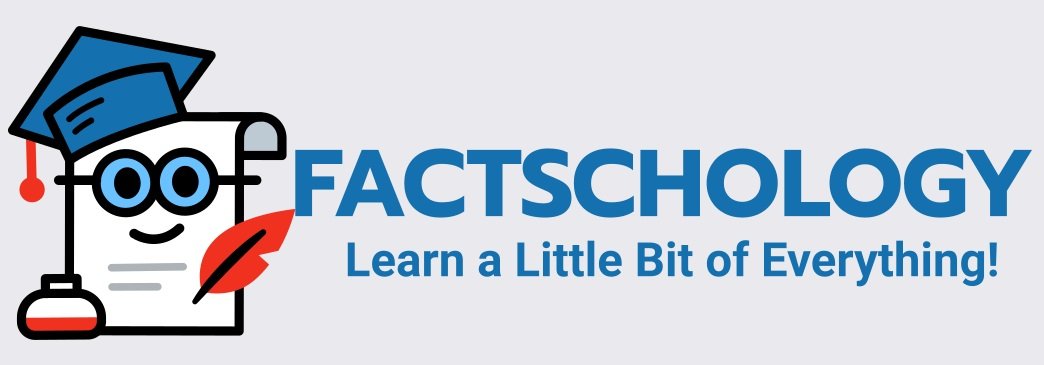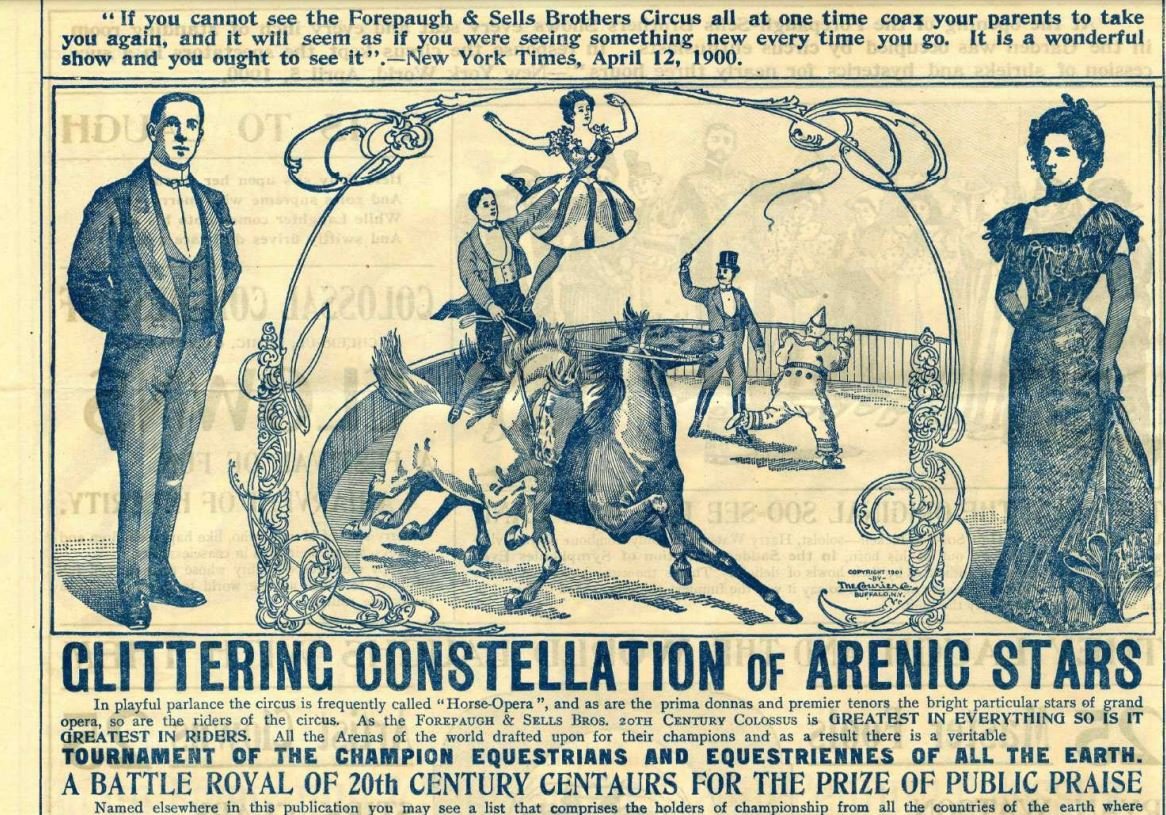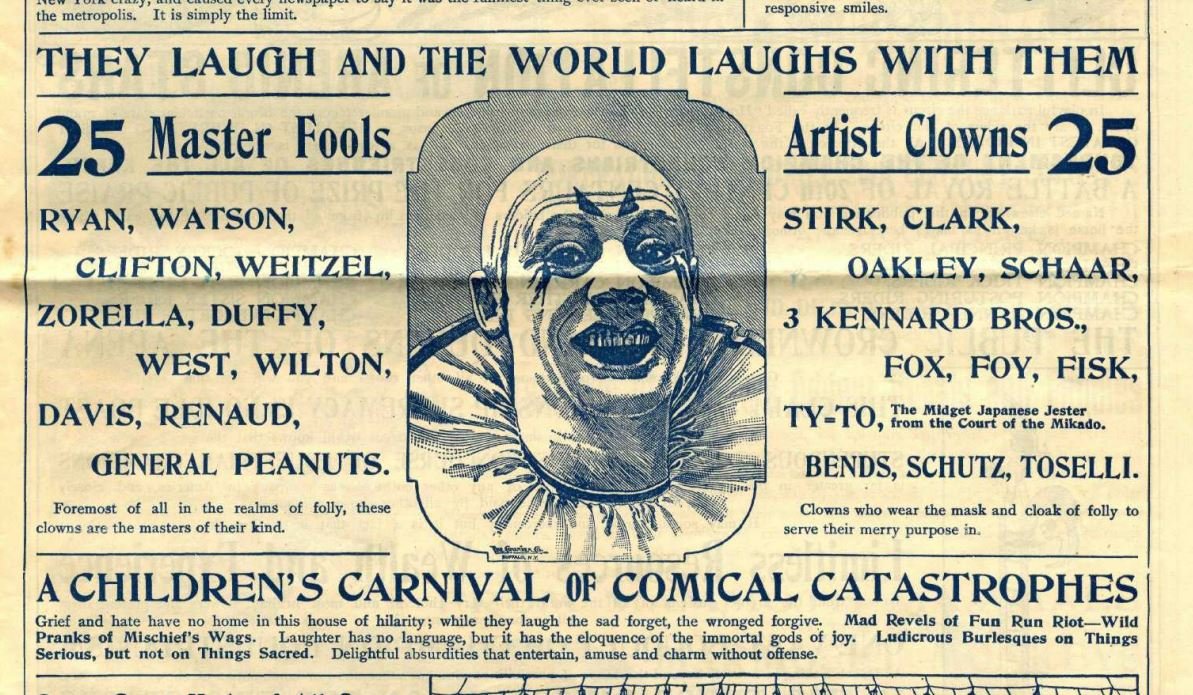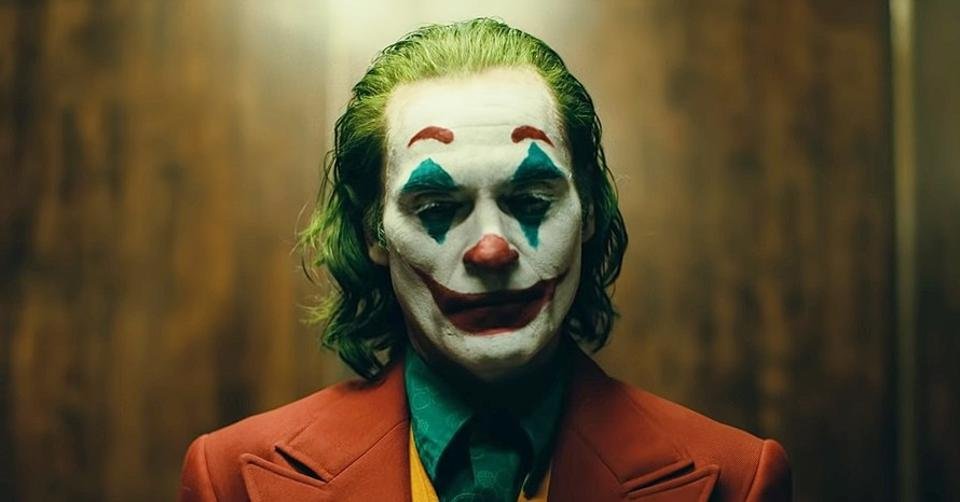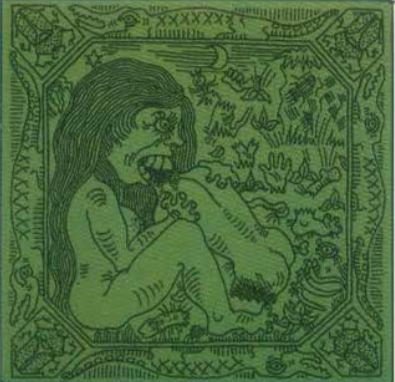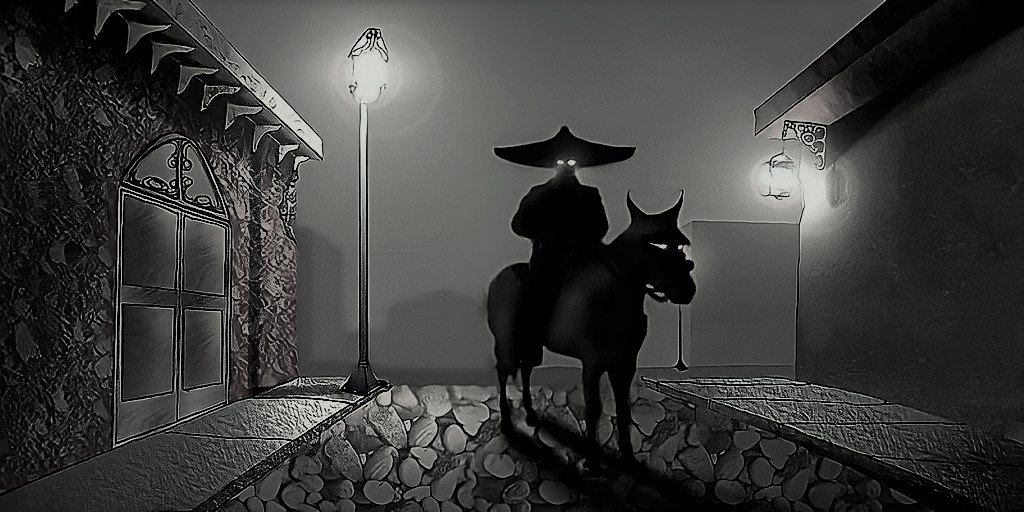Why Are They Called Soap Operas?
Even in the days of streaming, everyone knows what soap operas are. We all remember ourselves or our parents making sure we were tuned in daily to watch the latest melodramatic twist where a character reveals they are the long-lost evil twin of one of the main characters.
Of course, no one realized who they were because they had plastic surgery after a terrible car accident caused by none other than the father of another main character who has amnesia!
“I’m actually the good twin, the evil twin has been pretending to be me for 25 years!”
We get it, drama, but with all that drama why are they called soap operas? No one is cleaning off their tears with soap and no one is singing really loud in a language I can’t understand. Turns out the origin of the term ‘Soap opera’ has more to do with advertisements and singing cowboys than I ever expected.
Why the Soap?
By the 1920’s consumer goods company Proctor & Gamble was growing fast and expanding internationally with their products. At the time, some of their biggest sellers were candles, Ivory soap, and Crisco.
By the way, if you think Proctor & Gamble sounds familiar, it’s because they’ve done pretty well for themselves since the 1920s and you probably have multiple products of theirs in your home. Today, they own over 65 brands like Crest, Charmin, Bounty, Febreze, Head & Shoulders, etc., totaling 65 billion dollars yearly in net sales.
“Is there such a thing as too much?”
But in the early 20th century if you wanted to grow, you had to take advantage of a new marketing opportunity… radio. Seeing as their biggest sellers were items predominately used by women, P&G decided to sponsor cooking shows on the radio in the 1920s.
These were simple short segments where someone would read off a recipe for a meal, there were no Flavortowns or 15 minutes of boring background stories about how the writer’s mother first learned of pasta from a mysterious stranger at the supermarket.
Towards the end of the decade, P&G started to wonder if they could grab a bigger audience by putting out actual entertainment radio instead of just cooking instructions. After some testing in Cincinnati, in 1933 P&G sponsored the radio daytime serial Ma Perkins on NBC.
The 15-minute show was a huge hit and by 1935, 9 radio stations carried the show. Of the 15 minutes of air-time, around 4-5 minutes were dedicated to advertising P&G’s Oxydol laundry detergent with the narrator referring to the show as Oxydol’s Own Ma Perkins.
The sponsorship was a success and P&G continued to roll out more sponsored shows. By the end of the decade, these daytime serials became known as “soap operas” since a third of the show focused on selling soap and, also, as a reference to the famous Horse Operas… wait, what?
“I’m actually the evil twin!”
A Circus of Horse Operas
The term ‘Horse Opera’ dates back to the 19th century when one of P.T Barnum’s rivals, Adam Forepaugh introduced horse acts to his circus. To promote them, Forepaugh called his acts, ‘Horse Operas’, to draw people away from the popular opera houses of the time.
1901 ad for Forepaugh’s circus… wonder why he wasn’t as popular at P.T. Barnum…
Oh… I see why now.
The early 20th century saw the rise of the silent film era including Westerns that featured horses of course. Despite being silent, many of the films were accompanied by musical performances performed by an orchestra. With the term ‘horse opera’ still fresh in everyone’s mind and the music reminiscent of a day at the opera, it’s no wonder these films were referred to as ‘Horse Operas’ as well.
By the late 1920s and early 1930s when sound was introduced to film, we also saw the introduction of singing cowboys in movies. Even John Wayne joined in on the singing fad in 1933’s Riders of Destiny where he portrayed the character Singin’ Sandy (his voice ended up being dubbed).
This new trend of melodramatic singing cowboys helped pushed the nickname ‘Horse Operas’ into the mainstream and soon other entertainment seen as overtly dramatic had ‘opera’ tacked onto the end of it.
And that’s how daytime serials became known as Soap Operas despite no soap or operas.
Quick Facts
Another name given to daytime serials in the 1930s that didn’t catch on was ‘Soap Tragedies’
P&G’s last sponsored soap opera was As the World Turns which ended in 2010
Eventually, John Wayne left the Singin’ Sandy character and he was replaced in subsequent films by Gene Autry, the Singing Cowboy and the man who made Rudolph famous.
